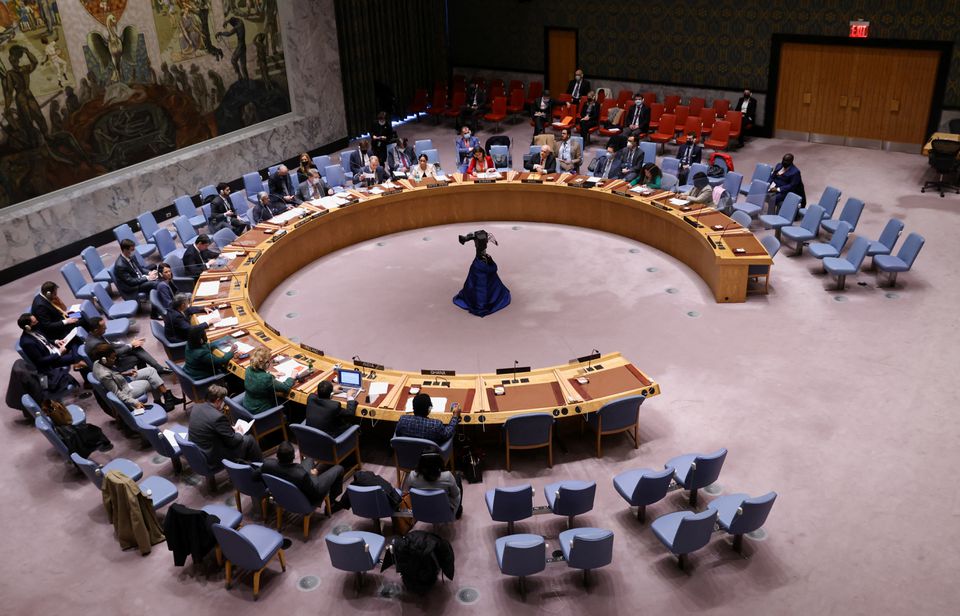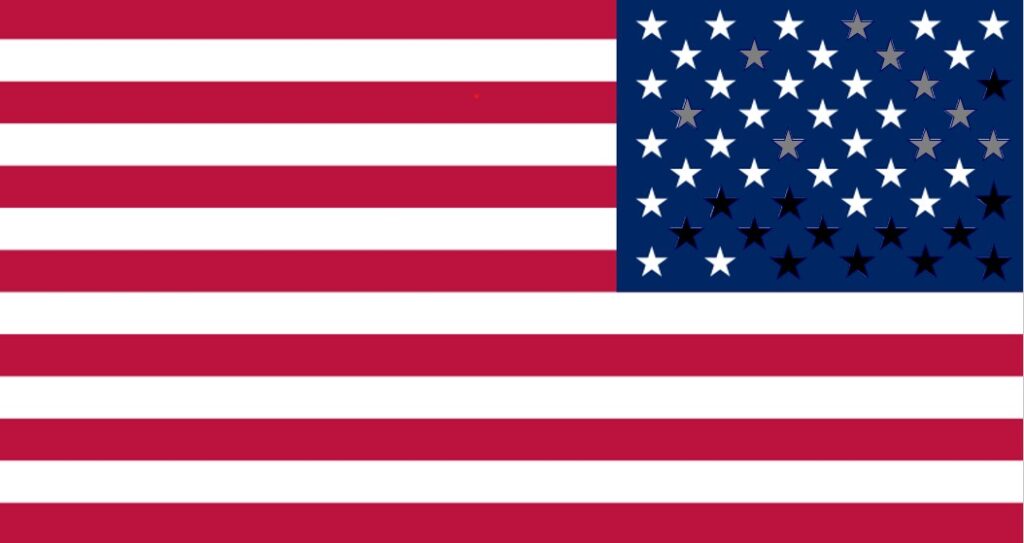The United Nations Security Council passes Resolution 794, in an attempt to impose a central government on “stateless” Somalia. Somalis, like most other Africans, do not want central government. Their tribes will interact peacefully with each other; until democracy is imposed upon them, and the tribe that wins the election oppresses the others.
NOTES:
- Democracy is not synonymous with liberty. For centuries the Somalis had their own brand of common law called the “Xeer,” which protected persons and property.
- Only victims can bring charges and summon a court; “No victim? No crime!”;
- Punishment for crimes is based on restitution instead of retribution;
- Fines are double or triple the amount of the damages, and go to the victim;
- Religious and public figure who violate the rights of other pay twice the restitution that an ordinary person would pay;
- There is no taxation under the Xeer;
- There is no imprisonment under the Xeer;
- All individuals are required to carry insurance against potential civil liabilities;
- Convicts that do not have the resources to compensate their victims most be bailed out by their families;
- Families that tire of bailing out repeat offenders declare them “outlaws,” who lose all legal protections, and must leave the country for their own safety.
Question: Which is the more civilized society, Somalia or the United States?
[restored 3/4/2023] Thanks to Jim Lorenz for this entry.
Subsequent Events:
Authority:
“Law of the Jungle”
ccc-2point0.com/preface
References:
The Rule of Law without the State – Spencer Heath MacCallum – Mises Daily.mht
mises.org/daily/2701
United Nations Security Council Resolution 794 – Wikipedia
en.wikipedia.org/wiki/United_Nations_Security_Council_Resolution_794


